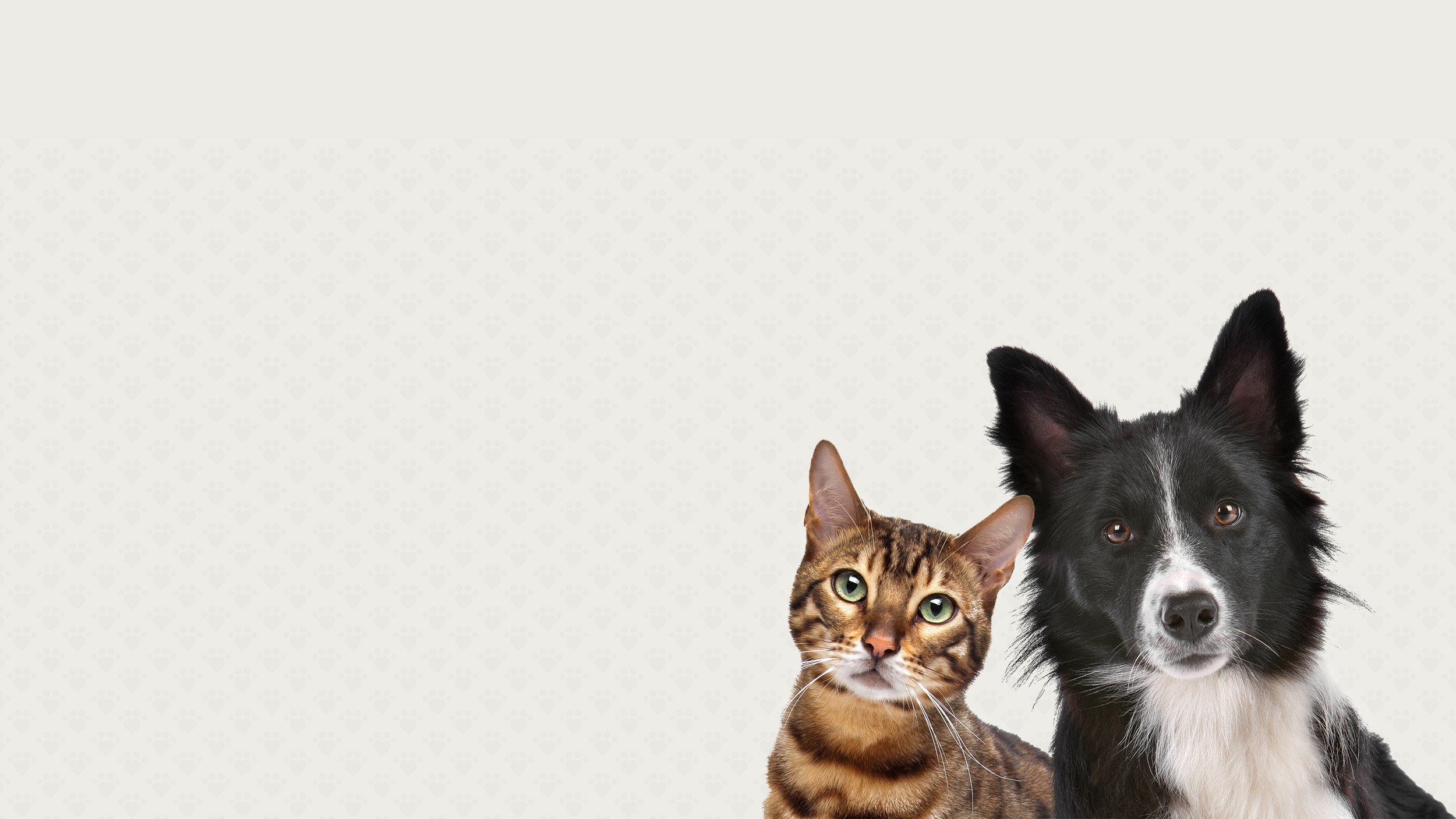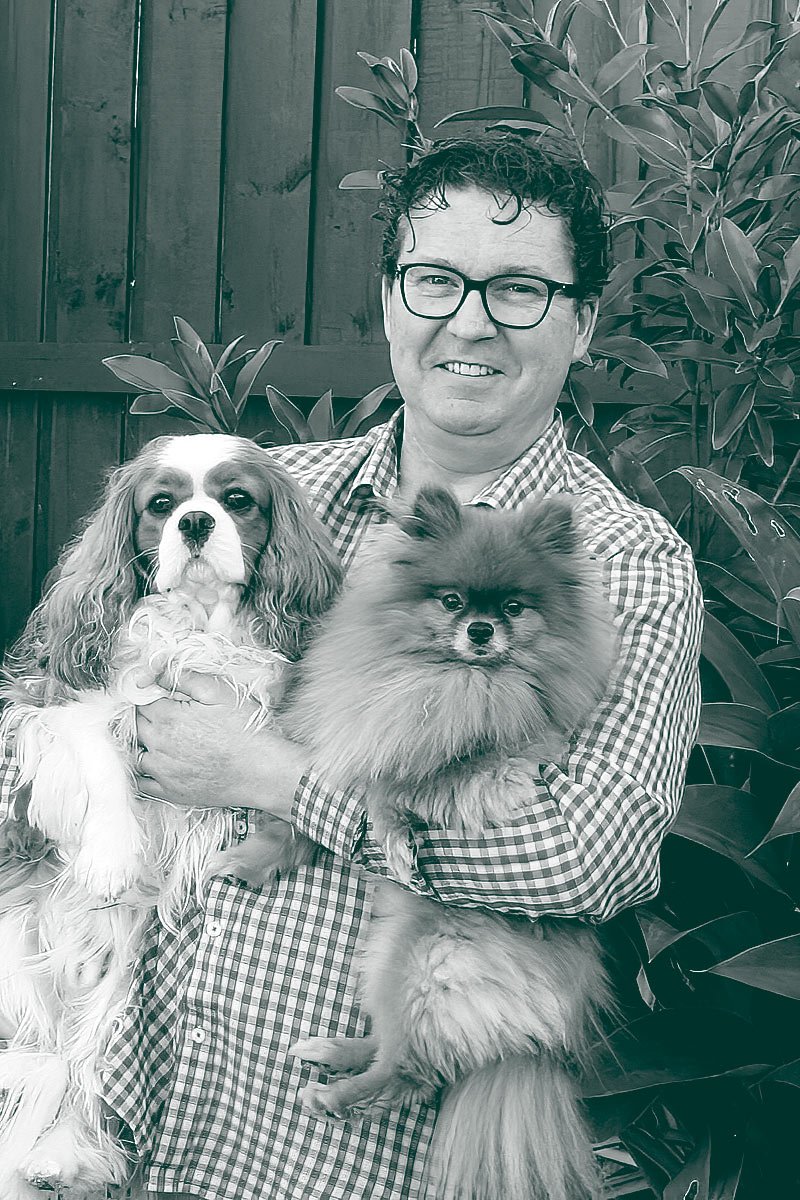
About Dr Stuart Mason
BVSc (Hons) MANZCVS DACT
Stuart grew up on a small farm in Kilmore one hour North of Melbourne in Victoria, Australia. Growing up Stuart always had a keen interest in animals, having sheep, cows, horses and dogs on the property while living at home with his parents.
The family bred the sheep and cows, and Stuart rode the horses when he was young. This exposure to animals motivated him to pursue a career working with animals. After finishing high school Stuart was accepted into the University of Melbourne Veterinary Science course graduating with 1st class honours in 1999. After graduation, Stuart worked in mixed practice (75% dairy cattle, 15% small animals, 5% beef cattle and 5% horses) for 2 years before moving to a small animal only practice in 2002. His small animal position exposed him to a small amount of canine reproduction work notably canine and feline breeding and parturition management. Stuart developed a keen interest in the field of small animal reproduction and undertook training with the American College of Theriogenologists via the alternate pathway to become a Diplomate in 2012 after a gruelling examination process. In 2012 Stuart also became a member of the Australian and New Zealand College of Veterinary Scientists via examination in Animal Reproduction. Stuart is a Registered Specialist in Veterinary Reproduction (Small Animal).
In 2014 Stuart published a landmark paper in small animal reproduction. The paper entitled: ‘Comparison of endoscopic-assisted transcervical and laparotomy insemination with frozen-thawed dog semen: A retrospective clinical study’ was published in Theriogenology, an esteemed animal reproduction scientific journal. The study showed that Stuart had achieved a 20% higher pregnancy rate using transcervical insemination (TCI) of frozen semen in bitches, when compared to insemination via surgery under an anaesthetic. This study was the first of its kind and a landmark study as it showed that the harder method of insemination is more successful and has cemented Stuart as one of the leaders in his field worldwide.
Stuart has published many scientific papers and spoken at many veterinary conferences in Australia for the Australian Veterinary Association, the Australian Reproductive Veterinarians, the Centre for Veterinary Education and Vision Australia, and overseas for the Society for Theriogenology and the European Veterinary Society of Small Animal Reproduction (EVSSAR) at their International Symposium of Canine and Feline Reproduction (ISCFR).
As well as working in all aspects of small animal reproduction, Stuart is a qualified assessor for the respiratory functional grading (RFG) scheme for brachiocephalic breeds of dog and is also PennHip accredited (a hip radiography technique used to aid breeders improve the hips in their dogs).
Stuart has a keen interest in developing new techniques and skills and is working on developing AI in cats in Australia through the use of TCI with a new specialised endoscope for cats.
Stuart has a real passion for small animal reproduction, always stiving to go that step further and providing the best outcome for his patients. This passion has resulted in Stuart being recognized as one of the most prominent veterinarians in the area of small animal reproduction both within Australia and Internationally. Stuart is regularly asked to speak at conferences, perform webinars and interviews on podcasts all over the world.
In his spare time Stuart enjoys spending time with his family, watching his beloved Australian Rules Football (AFL) team the Melbourne Demons, mountain biking and playing golf.

